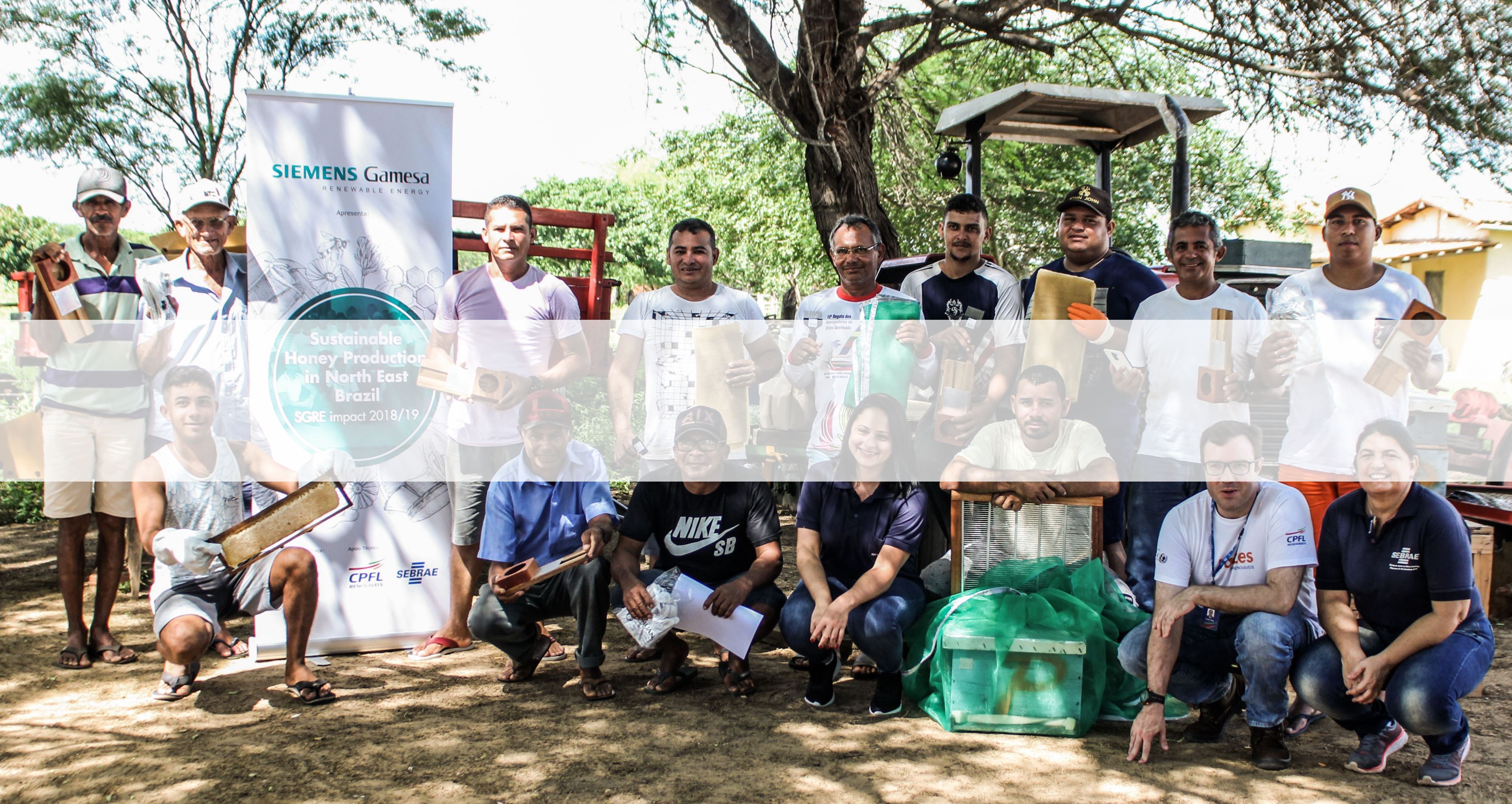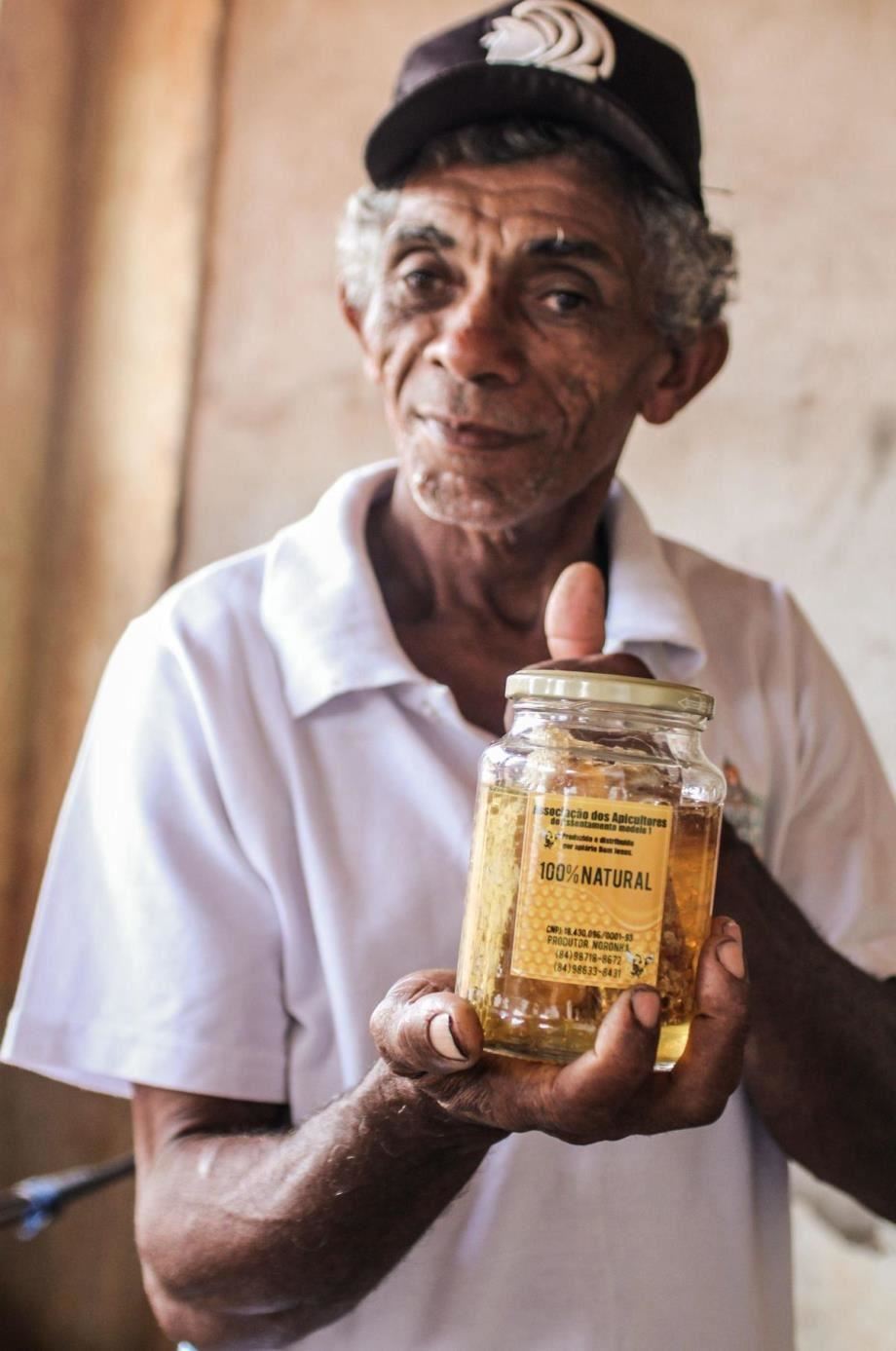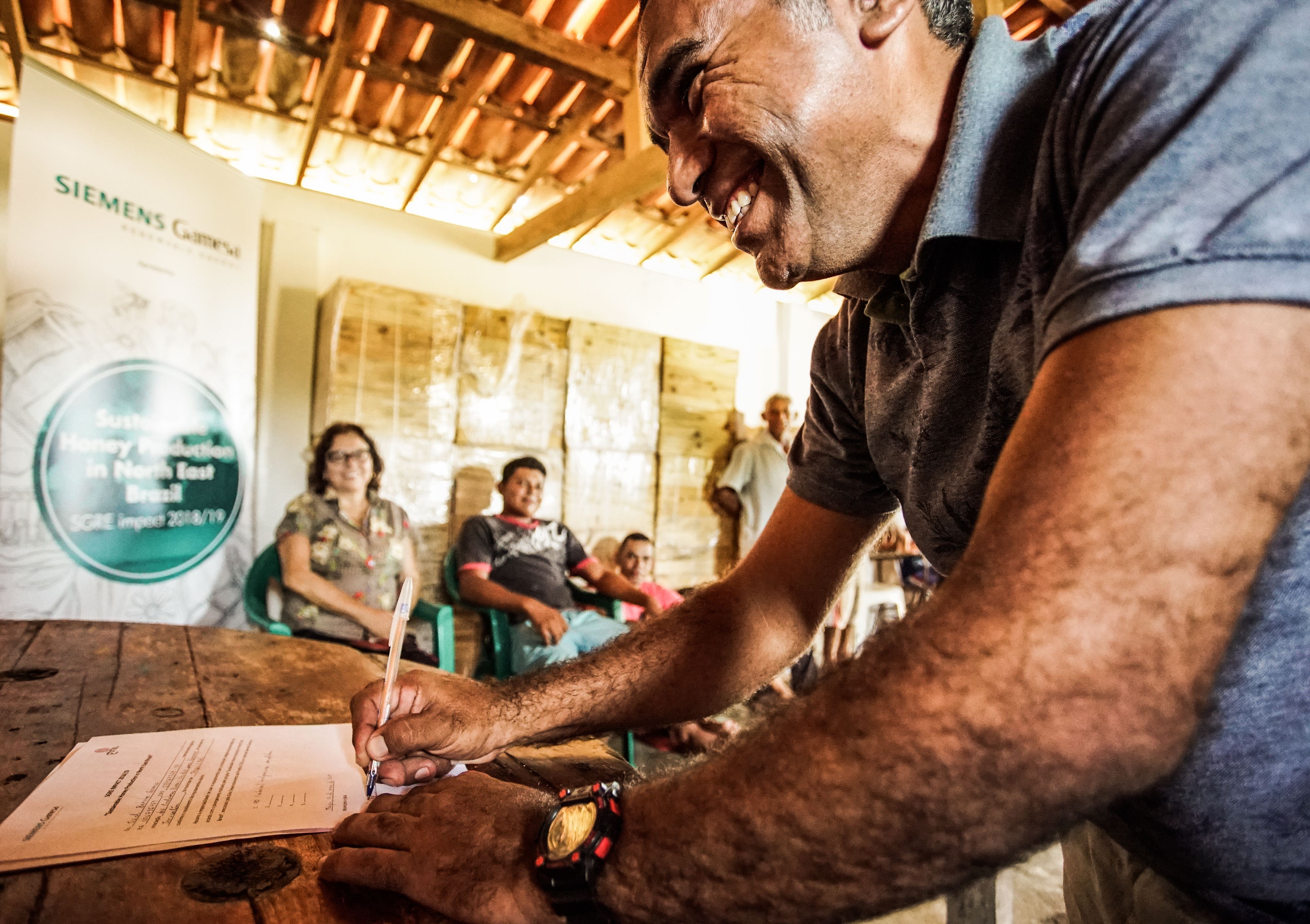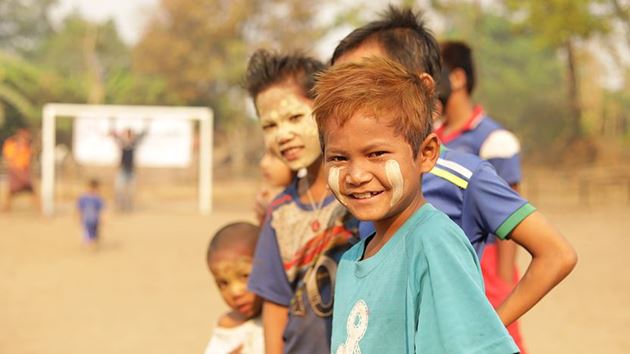
Sustainable honey production
The power of diversity
Madrid / 23 August 2019
• Siemens Gamesa supports communities with fewer resources by donating technical and commercial equipment for beekeeping
• Six communities of 160 people in the Rio Grande do Norte region benefit from this initiative
• Its aim: positively impact household income and production and contribute to the environment

At only 12 years old, José "Noronha" lost his father. This was when he began to make a living on the field with a sickle in his hand and very few resources available to him. Like him, the community of Rio Grande do Norte has devoted its entire life to agriculture. Living in an area where resources and income are scarce, it becomes difficult to meet the basic needs of families. In the last two years, Rio Grande do Norte has become one of the Brazilian regions with the highest rates of extreme poverty. Experts attribute this result to factors such as unemployment and precarious employment relationships. In this context, getting ahead has been a long endurance race for all the inhabitants of the area. Now, beekeeping has become a source of opportunity for José "Noronha" and the 160 inhabitants of his community.
With the "SGRE Impact" initiative, Siemens Gamesa employees have contributed their small part to bring about positive change in the communities in which it operates, with projects that improve the conditions of families living in this area. With the "Sustainable honey production" initiative, one of 192 projects presented and selected by the company employees, SGRE is committed, together with the Giral association, to developing infrastructure and strengthening and expanding activities by the six groups that make up the honey production chain, while aiming to stimulate the local and regional economies. Its ultimate goal is not only to contribute to the disappearance of poverty in this area, but also to positively impact the income and production of families and to contribute to the environment.
In this way, these six beekeeper communities benefit from this global social action initiative, which provides them with new equipment and the technical and commercial training they need to do their work. "All my life I've worked in agriculture, and I can say that I felt liberated when I started working with beehives. It's amazing to see how work and effort pay off," says "Noronha." It is noteworthy that beekeeping is one of the main economic activities in Rio Grande do Norte, so having proper equipment and knowledge of its techniques is indispensable for its successful development.
In line with its mission, vision and values, Siemens Gamesa focuses on the "Sustainable honey production" initiative, a project focused on improving beekeeping development, an activity that helps create sustainable livelihoods. In addition, the project is being implemented in a region with one of the lowest human development rates in South America, but in which wind energy is playing a driving role in the economy. "The installation of wind farms has brought a new economic dynamic for communities, and a project like ’Sustainable honey production’ strengthens relationships between beekeeping regions, businesses and local society," says Diogo Vallim, manager of the Giral Development project programs in Brazil and South America.

Change is already a reality in Rio Grande do Norte; "here we have an opportunity that we have never had," says an excited Paulo Roberto, another of the beekeepers of the region. In addition to making way for a new life, beekeeping for them means a great escape in their daily lives. José "Noronha" sums it up emotionally: "when I'm at the beehive, there's no stress, just happiness."



